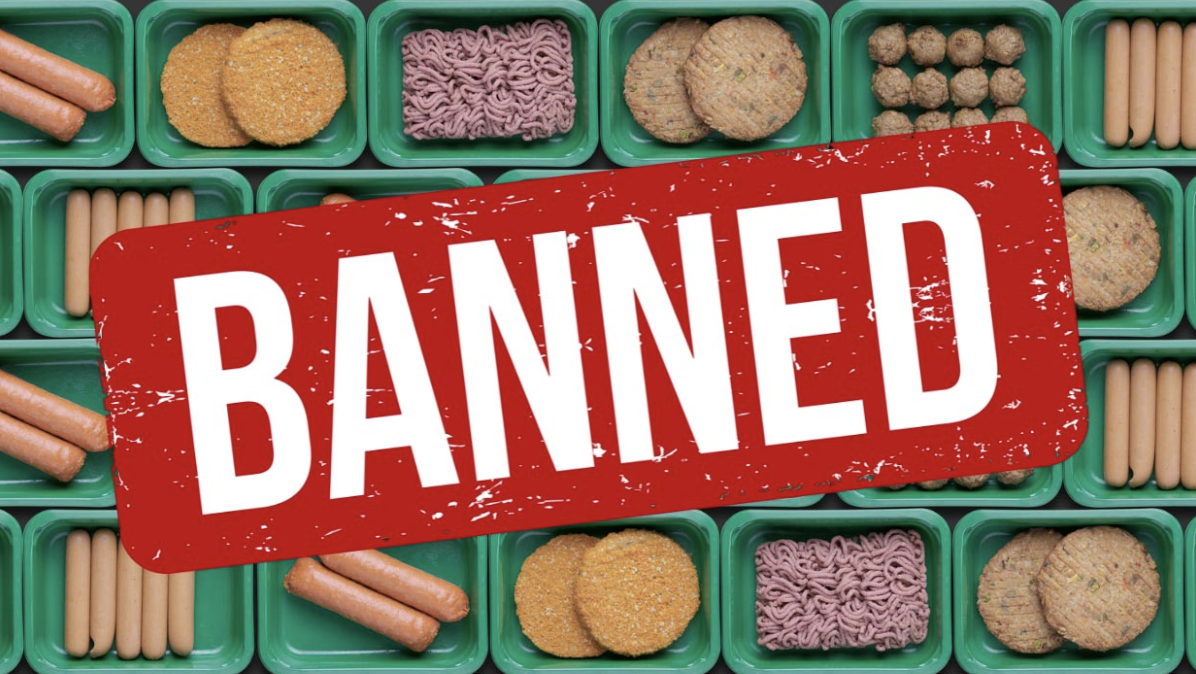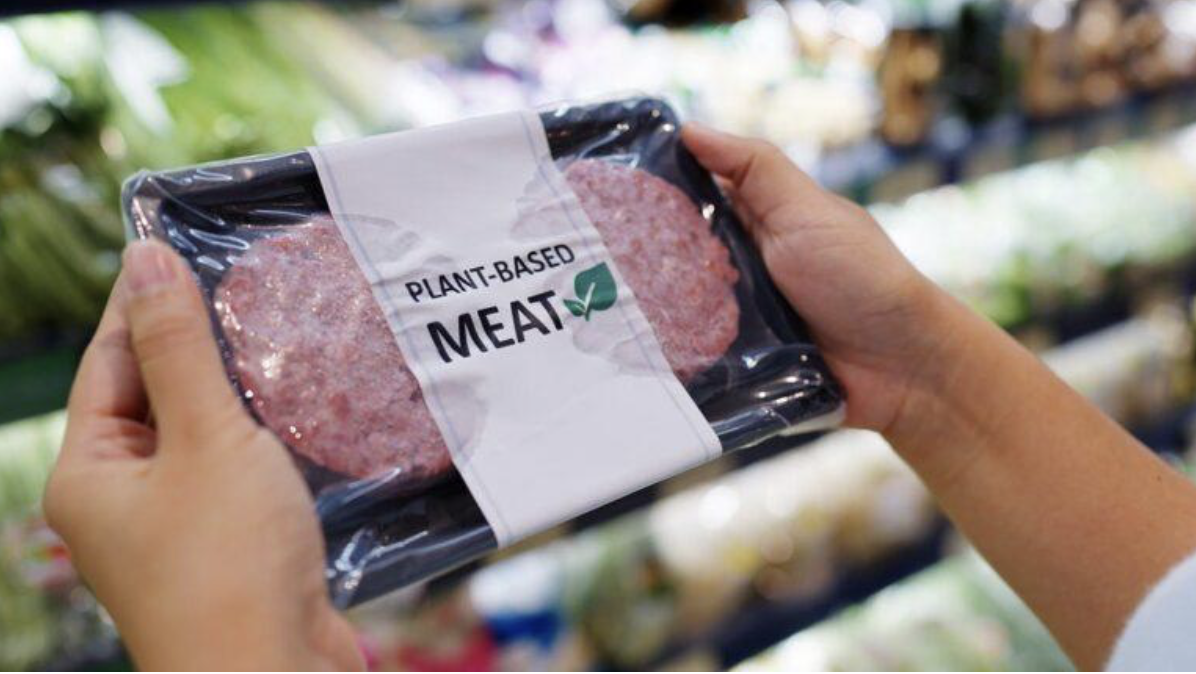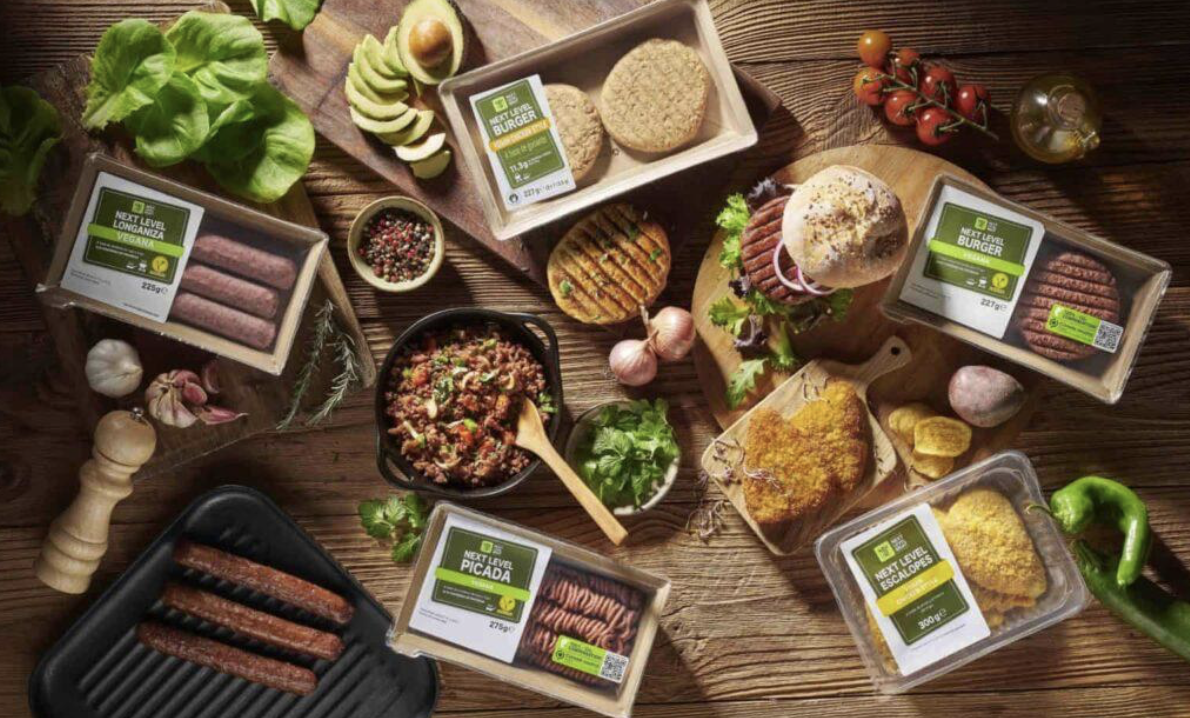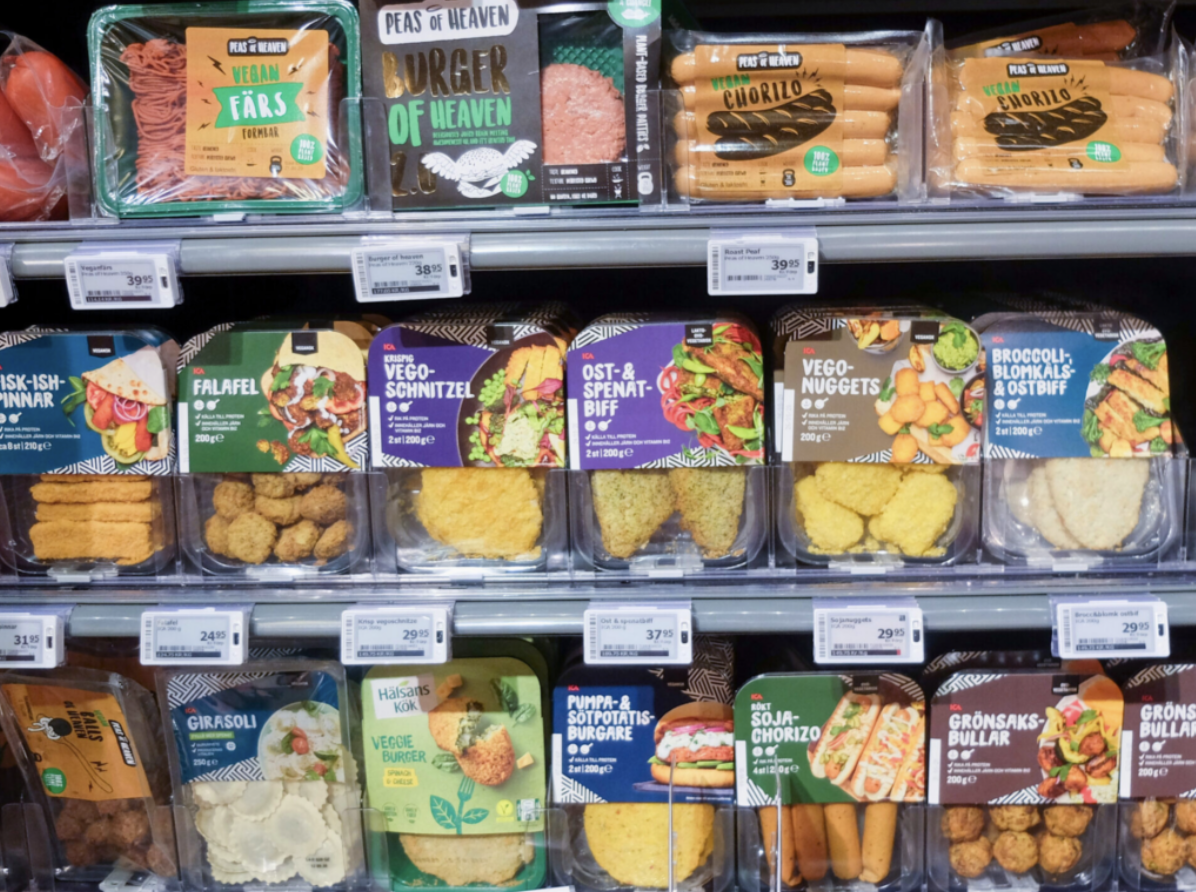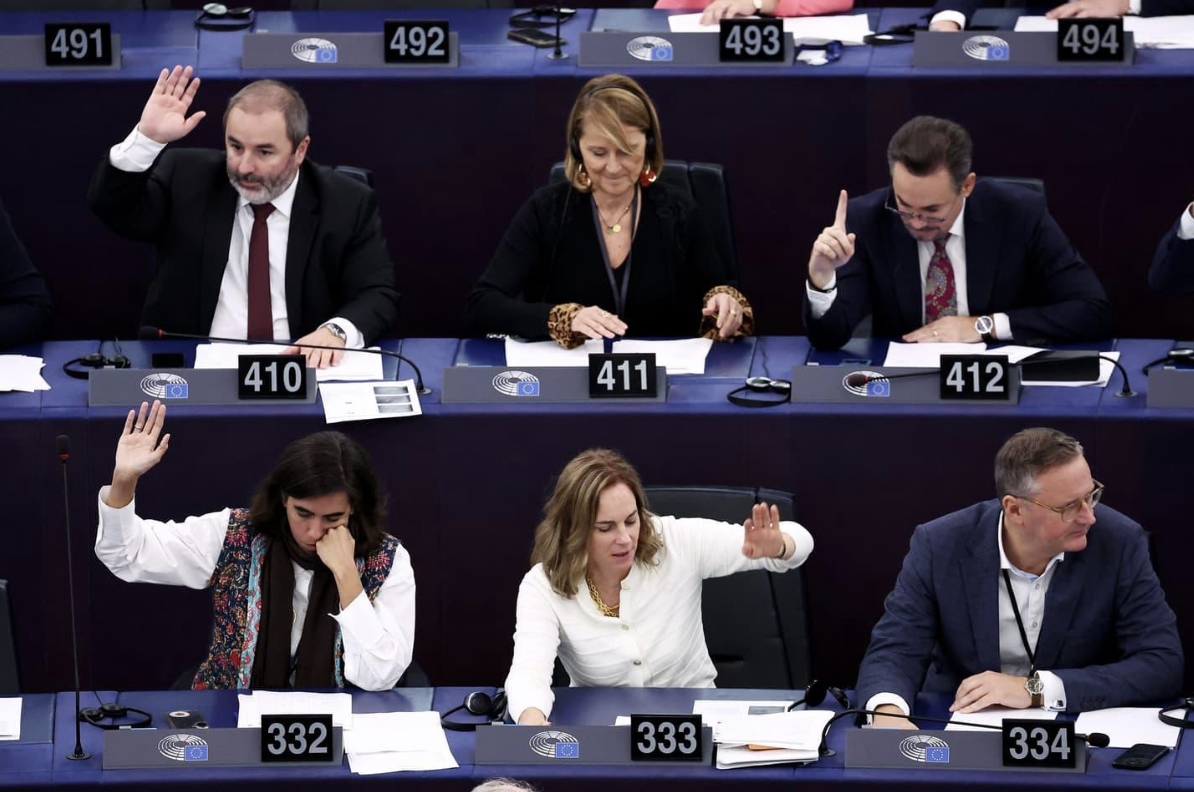Banning Burgers: What does Amendment 645 Mean for the Future of Food Labeling?
By Tricia Pelser, estimated reading time: 6 minutes
Photo © Shutterstock
At the beginning of October, a proposal known as Amendment 645, aimed at strengthening farmers' position in the agri-food supply chain, was brought to the European Parliament. This proposal included a bizarre and seemingly unnecessary amendment to restrict the use of so-called ‘traditional’ meat-related terms, such as “burger”, “steak”, and “sausage” for plant-based alternatives, which the Parliament surprisingly approved. But what does this amendment even mean? How is it relevant, and where did it come from?
The constant debate
Photo © ChayTee/Adobe Stock
2020 was the first time the issue of the term ‘veggie burger’ was brought to the Parliament. It was proposed under the Common Agricultural Policy, which aims to increase transparency for consumers and actively supports farmers. In the first exposure of this policy, European politicians rejected the proposal to ban labelling plant-based products as “sausages” and “burgers”. Similarly, the European Court of Justice barred a similar proposal put into place by the French Government. After the 2020 vote, the European Consumer Organization praised the MEPs for their “common sense”. It claimed that “terms such as “burger” or “steak” on plant-based items simply make it easier for consumers to know how to integrate these products within a meal. According to a 2020 study by the European Consumer Organization, most consumers are not concerned about the use of these terms.In fact, 80% believed it should be allowed, as long as the product's plant-based nature is explicitly stated. Because let’s be honest, how many of us don’t know the difference between a veggie burger and a beef burger?
With this in mind, it is no shock that the outcome of the vote on October 8th has taken both the internet and the media by storm. With a majority of 355 to 247, the European Parliament voted to ban 29 words in relation to plant-based products. These terms range from “beef”, “chicken”, “pork”, and “bacon”, to simple descriptive terms such as “breast”, “wings”, “drumsticks”, and “ribs”. The original proposal by French MEP Céline Imart even went as far as restricting the terms “egg yolk”, “egg white”, and “steak”. This was met with an attempt by Ireland’s Barry Cowen to introduce a softer alternative to avoid unintended consequences, such as accidentally banning the term “tuna steak”. This amendment, which would have banned only names “explicitly tied” to animals, failed to secure enough support.
The division within the Parliament is evident as Marila Dhaskali, the Senior Agriculture and Land-use Policy officer, claimed that “it is nonsensical that our elected officials are wasting time and taxpayer money on a non-issue like this,” and stated the obvious that “one would think we have bigger problems to solve.” This is supported by Austrian MEP Anna Stürgkh stating that “A beef tomato doesn’t contain any beef … Ladies’ fingers are not made of actual ladies’ fingers. Let’s trust consumers and stop this hot dog populism.” However, countries such as France, which have attempted to introduce a ban on these terms at a domestic level, are in full support, along with the German Chancellor Friedrich Merz, who stated “A sausage is a sausage. Sausage is not vegan.”
Business Backlash
Photo © Lidl Nederland
Lidl and Aldi have expressly opposed the proposed ban. According to a trade article, they argue that banning familiar terms for plant-based products undermines consumer orientation and slows the innovation that we have been seeing in the plant-based market. According to GFI Europe, across 13 European Countries including the Netherlands, retail sales of plant-based foods reached €5.8 billion in 2022. The growth from 2020 to 2022 was roughly 21% in these countries, and the sales from plant-based meat accounted for 6% of the pre-packed meat market. The Euro Group for Animals has argued that restricting terminology used in the market may directly disrupt this growth and reduce consumer choice. The aforementioned statistics prove that there is very little evidence that we are misled by current packaging, and that these new rules may cause more confusion with unfamiliar names and directly hamper purchasing decisions. How many people would be more drawn to buying a “vegetable disc” over a “vegetable patty”?
What will this look like in the Netherlands?
Photo © Sophie Ost/Shutterstock
Even if the EU adopts the new rule, it is likely that implementation may lag in the Netherlands. Under current Dutch law, plant-based foods may use “meat-related” terms, as long as they clearly indicate that the product is vegetarian or vegan. However, the proposed amendment under the EU framework would directly undermine this, as it is much stricter and prohibits all meat-related terms, including those authorised in the Netherlands. This means that if it is adopted at the EU level, the Dutch government will have to update its national guidance and enforcement frameworks, giving producers a little time to continue operating under the current flexible interpretation. This means that any actual change on supermarket shelves is likely to be slow and limited, depending on how the final regulation is worded. If the final text allows for interpretive flexibility, there is a chance that the Netherlands can continue as before.
Culturally, the Netherlands has one of Europe’s most mainstream plant-based food sectors such as Unox Vegetarisch, De Vegetarische Slager, and Albert Heijn’s vegan range. From 2021 to 2023, sales of plant-based meat alternatives have more than doubled and are a common find in virtually all retailers. According to research by YouGov, 62% of Dutch households reported purchasing plant-based options. This support is backed by both the Dutch parliament and the Ministry of Agriculture, which have historically supported the plant-based transitions as part of sustainability and continually invested in the plant-based economy. This means that policymakers in the Netherlands may be reluctant to enforce a rule aggressively, as it is perceived as counterproductive to national sustainability goals. While a pushback is not guaranteed, it can be anticipated.
Just the beginning
A vote during a plenary session at the European Parliament on October 8, 2025.
Photo © Frederick Florin/AFP VIA Getty Images
The approval of the EP does not yet solidify the proposal as law, but it simply establishes the parliament’s position. The Parliament must still enter negotiations with all of the other EU Institutions, namely The European Commission and the Council of the European Union, in what is called a “trilogue” process. A trilogue aims to reach an agreement on the proposal, which is accepted by both the Parliament and the Council, meaning the proposal may be weakened, changed, or delayed. Additionally, the enforcement of this ban may vary in each member state, as each nation has the authority to interpret/implement the legislation as they best see fit.
This means that as of right now, nothing changes until the decision travels through institutional procedure, and the final law passed may look different. Needless to say, within the coming years, we will see a shift in the packaging and labelling of plant-based alternatives. Beyond the procedural uncertainty, this debate reflects Europe’s deeper struggle to balance tradition, innovation, and sustainability. Whether we see this amendment pass or not, it has already sparked a continent-wide conversation about how we define and talk about food. The language of food is now no longer just about what we’re eating, but about the kind of future that we are creating.
